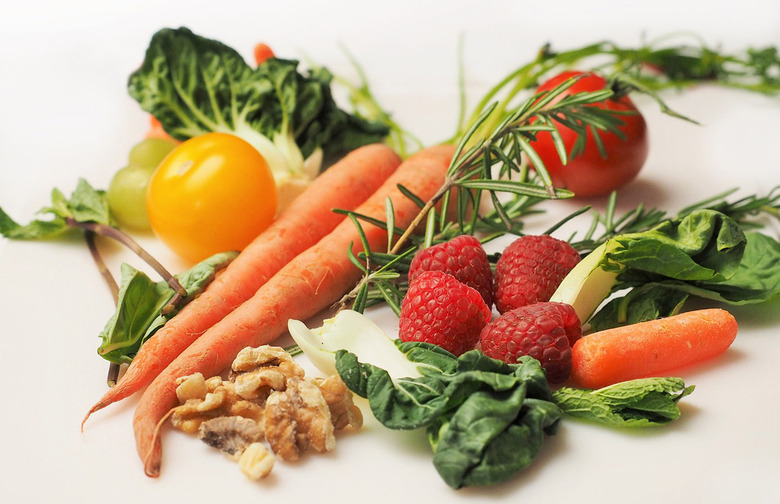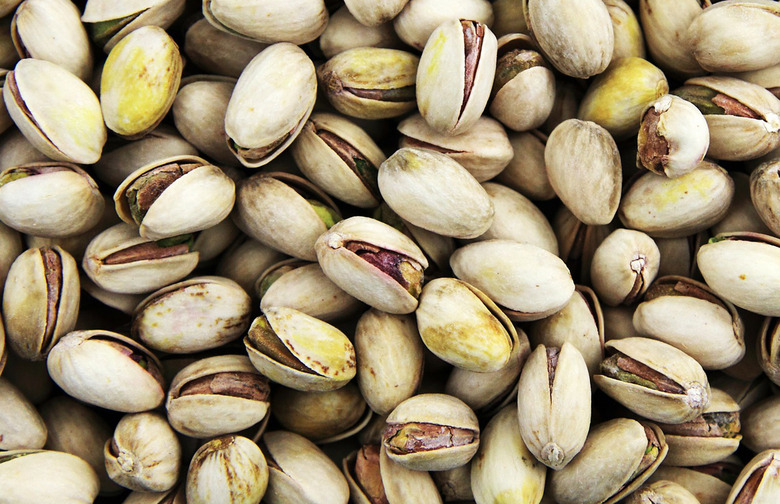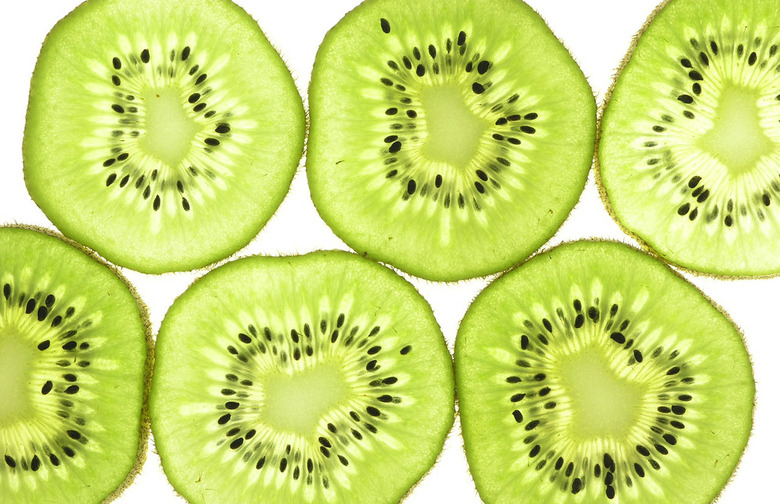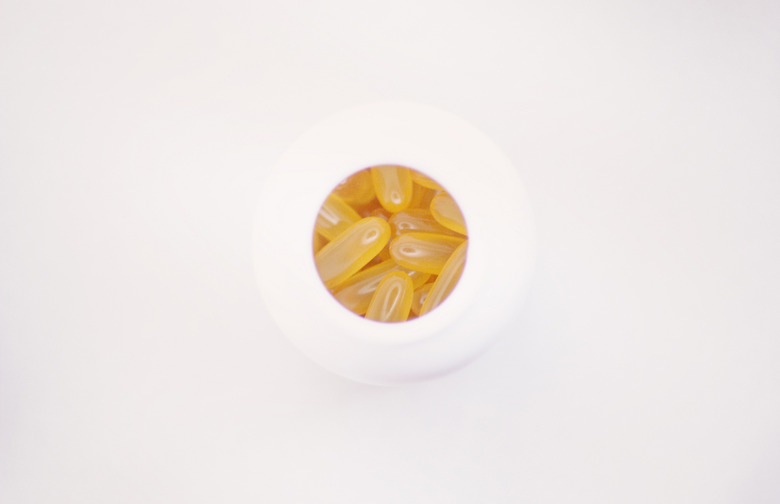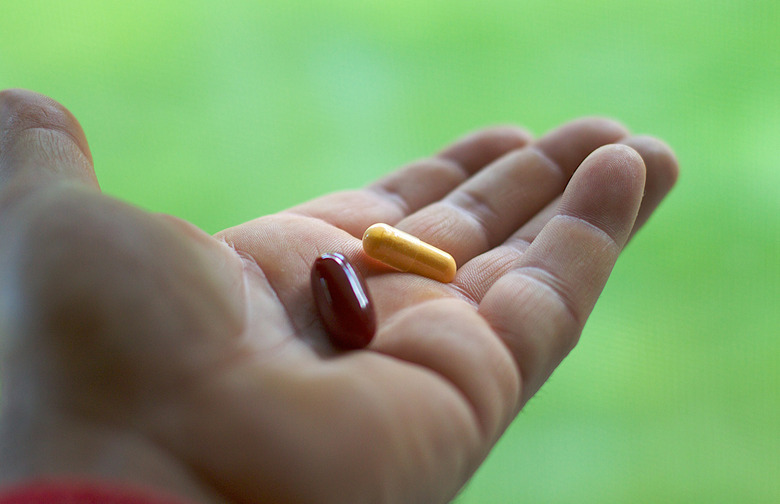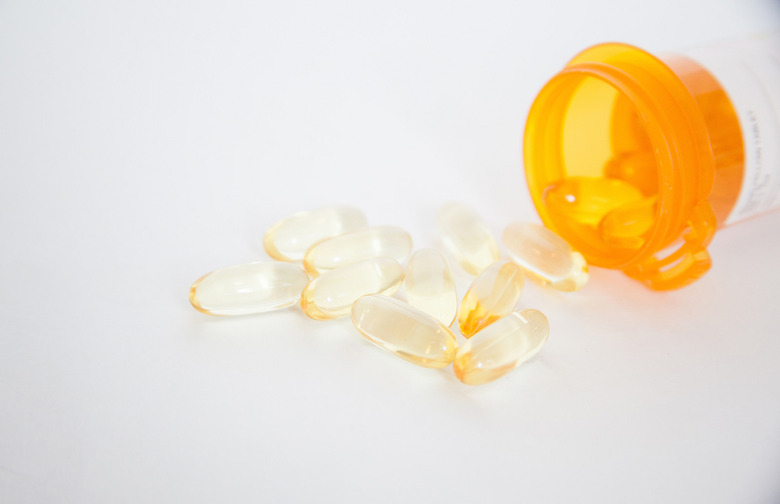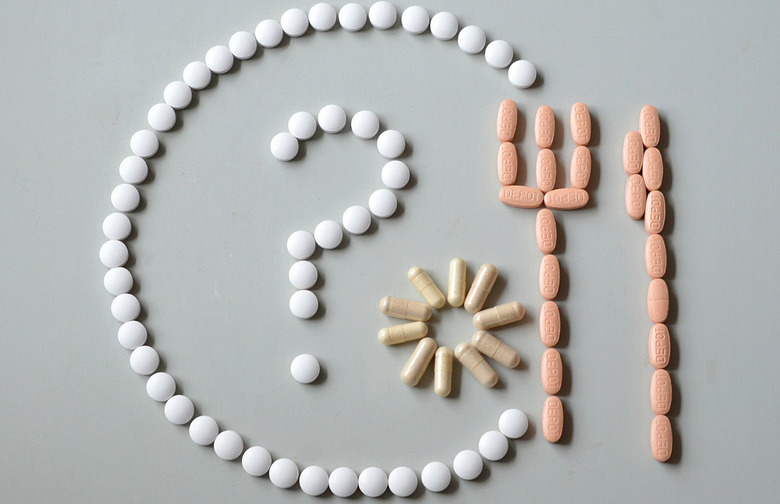You Don't Really Need To Be Taking These Vitamins
Multivitamins may be recommended to people who are lacking nutrients in their diet but unfortunately, vitamin supplements are not the answer to preventing disease, losing weight, or changing the entirety of your health. Unsurprisingly, healthy eating remains the best source of vitamins, minerals, and nutrients.
What Are Multivitamins?
According to several pieces of research, people opt for multivitamins to improve overall health and fill in nutrient gaps. However, multivitamins cannot always be used to fill in those gaps. Instead, a healthy and balanced diet is recommended.
What Do Experts Say?
Save your money by abandoning supplements. Unless your doctor recommends the use of vitamin supplements, a healthy diet should be the answer to your health problems.
Vitamins You Probably Shouldn’t Be Taking
If you follow a healthy diet, you may already be reaching your adequate intake for vitamin A, vitamin B6, vitamin C, vitamin D, and vitamin E without the addition of supplements.
Vitamin A
Vitamin A covers the grounds for healthy vision, a strong immune system, and cell growth.
How Much Vitamin A Do You Need?
The recommended dietary allowance varies based on age and health, but it suggests between 700 to 750 micrograms of vitamin A per day for women and 900 micrograms for men per day.
Foods with Vitamin A
A lot of fruits and vegetables such as sweet potatoes, carrots, spinach, and apricots contain vitamin A, but you can also obtain vitamin A from eggs, whole milk, liver, and some cereals.
Vitamin B6
Vitamin B6 plays an important role in converting food into energy and helping the body metabolize fats and proteins. B vitamins overall are also known for promoting healthy hair, skin, liver, and eyes.
How Much Vitamin B6 Do You Need?
According to the National Institutes of Health, adults ages 19 to 51 need about 1.3 milligrams of vitamin B6.
Foods with Vitamin B6
The foods with the most vitamin B6 include bran, which has 1.07 milligrams of B6; pistachios, which have 1.12 milligrams; fish, which typically has 1.04 milligrams; and liver, which has 1.03 milligrams.
Vitamin C
Vitamin C is linked to protecting the immune system, preventing cardiovascular disease, and preventing eye diseases.
How Much Vitamin C Do You Need?
Depending on your age, the amount of daily vitamin C you need could vary. According to the National Institutes of Health, men are recommended 90 milligrams and women are recommended 75 milligrams per day.
Foods with Vitamin C
Citrus fruits, such as oranges and grapefruits, as well as kiwi contain a lot of vitamin C. Other fruits and vegetables such as broccoli, strawberries, cantaloupe, and tomatoes can also help you reach your necessary intake. Half a cup of chopped red pepper has 95 milligrams of vitamin C, which already puts you past your recommended amount.
Vitamin D
Vitamin D intake is necessary for the regulation of calcium in the body and the absorption of phosphorus. Vitamin D helps the body maintain healthy bones and teeth and protects the body against diseases and certain types of cancer.
How Much Vitamin D Do You Need?
Depending on your age, the recommended amounts vary but for ages nine to 70, the recommended amount is 600 IU (international units) per day.
Foods with Vitamin D
The reason that vitamin D supplements are sometimes encouraged is because a single serving of salmon, sardines, egg yolks, or cheddar cheese will not provide you will the full amount you need. Two glasses of milk will give you just 200 IUs. You can also get vitamin D from the sun, just be sure to wear sun protection!
Vitamin E
Vitamin E has antioxidant properties, such as its ability to remove free radicals, which damage the structure of important cells in the body. Vitamin E is also known for reducing cholesterol levels and the risk of developing cancer.
How Much Vitamin E Do You Need?
According to the National Institutes of Health, adults are recommended about 15 milligrams of vitamin E per day.
Foods with Vitamin E
The best sources of vitamin E include vegetable oils, such as sunflower and safflower oils, nuts, such as almonds and seeds. Sunflower seeds have healthy amounts of vitamin E. If you do not consume nuts or seeds, green vegetables, such as spinach and broccoli, also provide some vitamin E.
Vitamin K
Vitamin K helps blood clot and prevents excessive bleeding. Vitamin K is typically not used as a supplement, unlike other vitamins.
How Much Vitamin K Do You Need?
For men ages 14 and older, the recommended amount of vitamin K is between 75 and 120 micrograms. The recommended amount for women in the same age range is between 75 and 90 micrograms.
Foods with Vitamin K
Vitamin K can be obtained from leafy greens and some other vegetables. In addition, vitamin K can be found in meats, cheeses, and eggs.
How to Know If a Vitamin Is Safe
The National Institutes of Health recommends investigating a supplement before use. Research studies are not required to prove the safety of the supplement before the item is marketed. However, it is the responsibility of the manufactures or distributors to ensure that the products are safe and the labels are accurate.
How to Know If a Vitamin Is Effective
Although the manufacturer has to prove the safety of the supplement, it does not have to prove the effectiveness of the supplement. Dietary supplements are usually meant to address a nutrient deficiency, not treat or prevent a disease.
Reactions with Medications
If used in combination with medications, supplements could cause harmful side effects. Vitamin K can reduce the ability of a blood thinner to work and vitamins C and E could reduce the effects of cancer chemotherapy, according to the National Institutes of Health.
Talk with Your Doctor
When it comes to your health, do not self-diagnose health problems or vitamin deficiencies. Work with your doctor to determine how to achieve ideal health. Before using any dietary supplements, get permission from your doctor.

